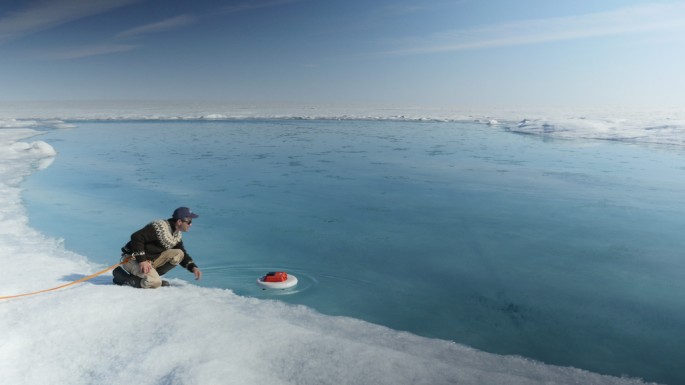NASA scientists reveal that sea levels around the world are now rising at an average of three inches since 1992 due to warming waters and faster melting of ice.
A United Nations panel already predicted in 2013 that global sea levels will rise from .3 to .9 meters by the end of the century however, this new research suggests that sea levels rising are probably more higher than that according to geophysicist Steve Nerem from the University of Colorado.
However, these changes in sea levels are not always uniform for different parts of the world. Some regions show sea levels rising more than 25 centimeters and others including the U.S. west coast are now falling, based on this study's analysis of satellite data accumulated over 23 years.
Scientists still believe that natural weather cycles and ocean currents are causing this offset in sea level rise across the Pacific where the western coastal region in the U.S. will eventually experience a significant rise in sea levels in the next two decades.
NASA scientist Tom Wagner says that people should be able to understand that the planet is not just changing but it already has changed. Wagner explains that placing a mega infrastructure such as a water treatment plant or power plant near a coastal zone will definitely cause some serious impacts where this new study can estimate impacts in the next 100 years.
According to the director of NASA's Earth science division, Michael Freilich, regions that are low lying such as Florida can be extremely vulnerable to these effects. He says that regular spring high tides can now cause street flooding in certain areas in Miami that did not happen normally just a few decades back.
Freilich also adds that more than 150 million people in the world especially in Asia, dwell in coastal regions or live within a meter to the ocean.
When it comes to forecasting rising sea levels, it is highly unpredictable how polar ice sheets will melt when it comes to global warming temperatures. According to glaciologist Eric Rignot from the University of California in Irvine, significant changes are now occurring on ice sheets today, where it can take centuries to reverse the effects of retreating ice.
Scientists also say that one third of sea levels that are rising is caused by warmer ocean water expanding into other regions and one third of it comes from polar ice sheets where the last third of it originate from melting glaciers from the mountains.



























